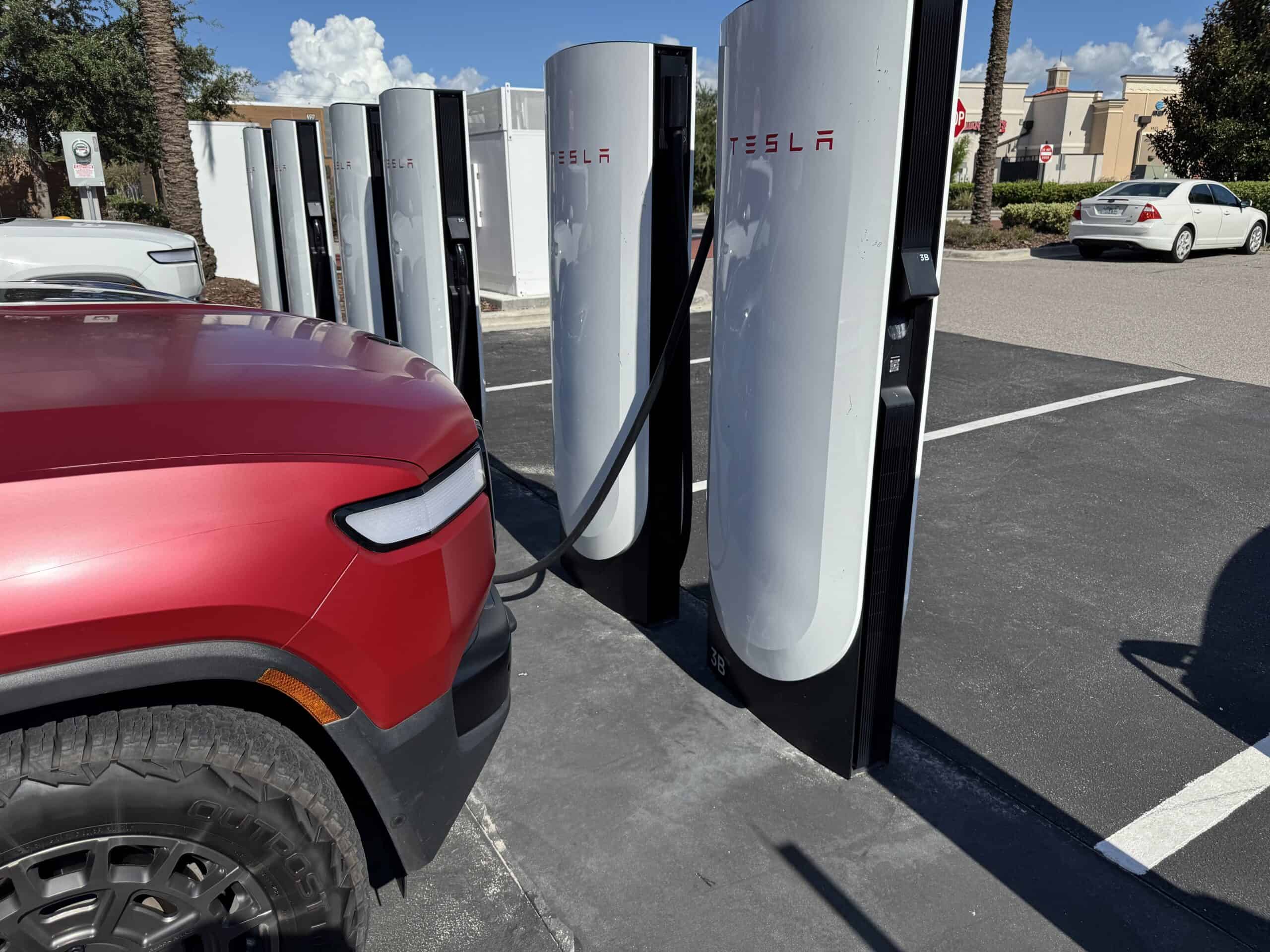Federal Agencies Support Industry Adoption of the NACS Standard

The Biden administration is on the verge of issuing new guidance for federally-funded EV chargers to adopt the North American Charging Standard (NACS), also known as J3400. This standard, based on Tesla’s proprietary charging plug, is set to become a pivotal element in simplifying and unifying EV charging infrastructure across the United States.
Kristin White, Acting Federal Highway Administrator, announced at a recent Alliance for Automotive Innovation conference that SAE International has nearly finalized the J3400 standard as an open technology. Federal agencies will soon release new guidance to incorporate NACS into federally-funded EV charging networks, ensuring widespread compatibility and future-proofing the nation’s infrastructure.
What’s Changing?
The new guidance will provide “clarification” under existing rules, rather than introducing new regulations. This ensures federal investments align with the latest standards without requiring a lengthy rulemaking process.
What’s Next?
The Federal Highway Administration plans to release FAQs and host a webinar on December 17 to support the rollout of NACS in federal projects.
Why NACS?
With several automakers, including Ford, GM, and Rivian, committing to integrate NACS into their vehicles, this standard is rapidly becoming the industry norm. It opens access to Tesla’s extensive Supercharger network, known for reliability and availability.
Rivian’s Role
Rivian has already announced plans to equip its vehicles with native NACS ports by 2025, offering an adapter for earlier models. This ensures Rivian drivers benefit from the growing network of Tesla Superchargers while maintaining compatibility with CCS chargers.
The Bigger Picture
The adoption of NACS marks a significant step toward reducing barriers to EV adoption, eliminating compatibility concerns, and improving the charging experience for drivers across all brands. By aligning federal funding with this standard, the Biden administration aims to accelerate the growth of EV infrastructure and support the transition to electric vehicles.
